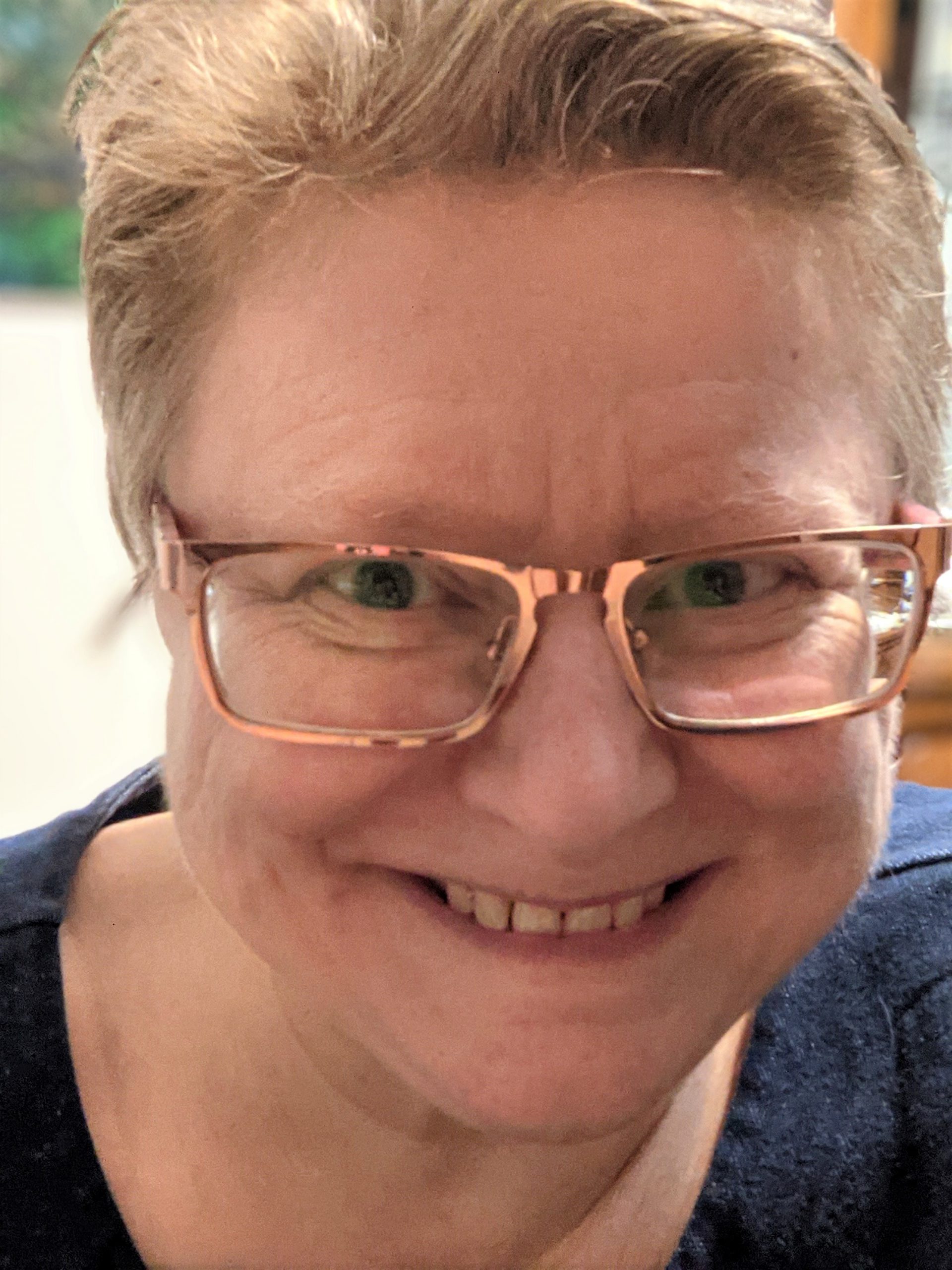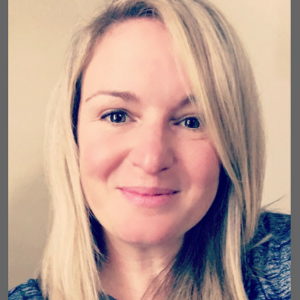A discussion with Laura Brydges, Meri Perra, and Michelle McDonald
Hidden disabilities are disabilities that are not immediately apparent but still hinder a person’s full and equal participation in society. Because hidden disabilities are not readily obvious to others, there is a need for awareness, self-advocacy and representation of the Hidden Disability Community (HDC). The HDC is marginalized and often misunderstood, due to the common but incorrect belief that, because these disabilities are not visible or audible, they are not real.
As a symbol of Canada’s commitment to our Hidden Disability Community, a national Hidden Disability Symbol will act as both a self-advocacy tool and a social, cultural, and systemic transformation tool.
Join us on June 10 at 12:00 pm EST for a discussion about hidden disabilities, the movement for a nationally recognized symbol for HD, and how this will make Canada more accessible and inclusive for all Canadians.
Register for the webinar
Registration for this webinar is free. It is being hosted on Zoom, and to attend you will need an email address.
Laura Brydges

After suffering a traumatic brain injury in 2005, Laura Brydges (B.A.Sc., M.A.) is now a proponent of and for the hidden disability community. She is petitioning the Government of Canada to “adopt and promote a national Hidden Disability Symbol, and lead or participate in actions toward its international adoption”. She is the driving force behind the Hidden Disability Canada webpage, an informational tool that shares more information about the movement. Further, she both designs and shares a free digital hidden disability symbol on her Hidden Disability Facebook Page which has over 7300 followers. Laura has conducted two hidden disability surveys that demonstrate the value of a hidden disability symbol to members of the hidden disability community. Laura’s work has been featured in the Toronto Star, CBC Radio, iHeartRadio and more.
Meri Perra

Meri Perra is the Communication Manager at the Brain Injury Society of Toronto, where she has helped the organization’s social media reach grow to over one million annually. Recently, she assisted with the implementation of www.abijustice.org, the first and currently the only resource dedicated to reducing the barriers people with brain injury encounter when dealing with the criminal justice system. Prior to joining BIST, she had several years of experience connecting people to resources, through her former position at Find Help Information Services. She has a diploma in journalism, has worked as a contributor and assistant editor for an online parenting magazine and as a news and sports editor for a digital media company.
Michelle McDonald

Michelle is an accomplished non-profit professional with two decades of experience working in the sector in both Toronto and Ottawa. For over a decade, she has dedicated her work to leading organizations in their missions of ensuring those living with the effects of acquired brain injury are valued, supported and engaged in their communities. As Executive Director of Brain Injury Canada, she has led the organization in a new strategic direction, securing a 3-year federal grant to enable BIC to better meet the needs of individuals, families and health care/service providers through the development of a comprehensive resource website, enabling easier access to credible and evidence-based information related to brain injury. Her demonstrated focus on collaboration and partnerships gives her the ability to look at the big picture, and how all stakeholders can work together to amplify the voices and needs of this resilient community.
She currently sits on the Executive Committee for the Canadian Traumatic Brain Injury Research Consortium, the Disability Tax Credit Alliance, Every Canadian Counts Working Group, and is Chair of the Governing Council for Neurological Health Charities Canada.